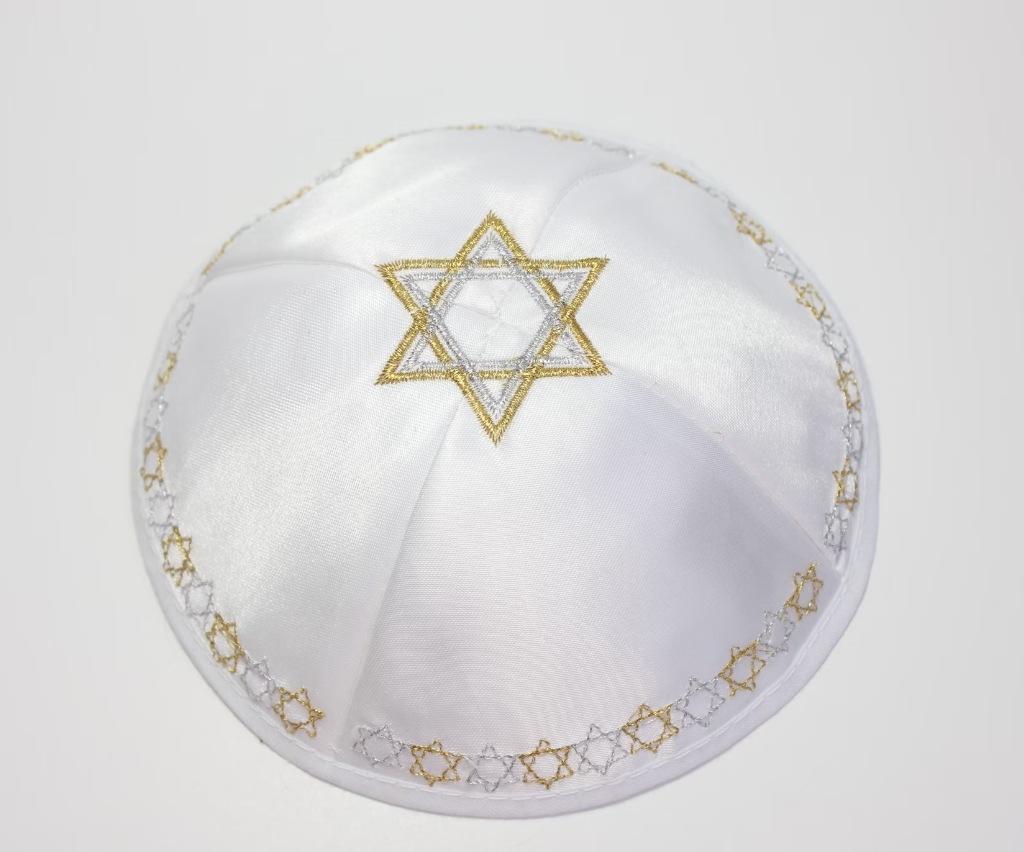Yom Kippur is regarded as the holiest and most religious day of the Jewish calendar because of its history and traditions. The holy day also represents a fresh start, as Jews devote a day to repenting sins and healing. The holiday reminds Jews to reconnect with their religion and remove themselves from worldly affairs and possessions.
What is Yom Kippur? Continue reading to learn more.
Brief Biblical History
Yom Kippur is similar to Passover since both holidays encourage liberation of the past and embrace a new beginning. Likewise, the two holidays have biblical ties and histories that show the best and worst of these times. Chabad, a worldwide Orthodox Jewish movement, reports that “months after the people of Israel left Egypt in 1313 BCE, they sinned by worshiping a golden calf.”
They add, “Moses ascended Mount Sinai and prayed for forgiveness on behalf of the Jewish and full Divine favor was obtained.” “The Day Moses came down the mountain (the 10th of Tishrei) was to be known forevermore as the ‘Day of Atonement’—Yom Kippur.” The origins of the holiday teach the importance of repentance and starting fresh to the Jewish. Moreover, it is a time of reconnecting with religion and ancient and traditional teachings.
Abstention Tradition
The holiday has several traditions meant to disconnect the Jewish from worldly possessions and affairs. Britannica, the world’s oldest continuously published encyclopedia, states, “Yom Kippur is marked by abstention from food, drink, and sex.” They add that “among Orthodox Jews, the wearing of leather shoes and anointing oneself with oil are forbidden.” Additionally, these traditions are meant to achieve a sense of purity and regain internal enlightenment and forgiveness in the eyes of God. At present, the holiday continues to stand for these values and teach the importance of repentance.
Present Day
Yom Kippur practices repentance over everything and provides inner strength and peace for a renewed year. My Jewish Learning, a Jewish life website, defines the holiday as “revolving around the theme of communal repentance for sins committed during the past year.” The holiday reminds individuals to repent and ask for forgiveness for their past actions, which can strengthen their faith. In modern times, the holiday is a communal and individual-focused journey emphasizing repentance and forgiveness. Ultimately, purity, forgiveness, and enlightenment are achieved over a full day of worldly abstention and possessions.
Have an Easy Fast
Yom Kippur is one of the most important Jewish holidays because of its devotion to forgiveness and repentance. Likewise, the holiday’s biblical origins celebrate a new beginning and the effects of asking for forgiveness. In the present, Jews are taught to repent and detach themselves from their past sins and material selves.
For more about holidays, art, community, and gaming, visit the rest of FerryGodmother.com.

